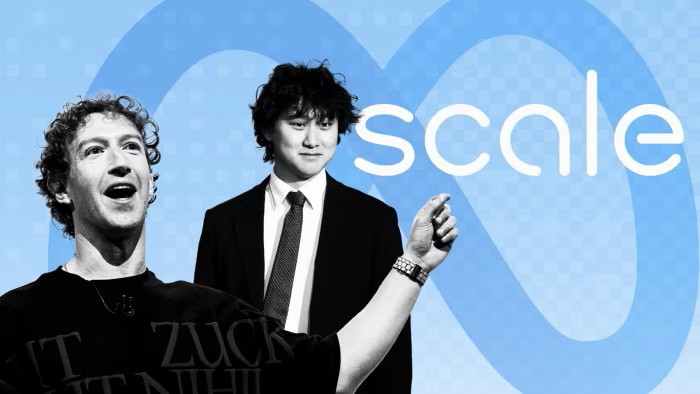
SpecialtyNetworkSllc – Meta’s $14.3 billion investment in Scale AI was meant to accelerate its artificial intelligence push. Yet only months later, the partnership is already showing strain.
One of the first signs came when Ruben Mayer, a former Scale AI executive, left Meta after just two months. Mayer had worked at Scale for five years before joining Meta to help launch Meta Superintelligence Labs (MSL). Sources said he managed AI data operations but wasn’t part of TBD Labs, the core team building Meta’s most advanced systems.
Mayer disagreed with that view. He told TechCrunch that his role was to support the lab’s setup and that he was part of TBD Labs from day one. He added that he enjoyed his time at Meta despite the short tenure.
“Read More : Parents Sue OpenAI After Teen Suicide Linked to ChatGPT”
The company’s reliance on Scale AI also appears to be fading. Multiple insiders said MSL now works with other data-labeling firms, including Surge and Mercor, both rivals to Scale. While using several vendors is common, it’s unusual given Meta’s multibillion-dollar investment.
Some Meta researchers reportedly prefer Surge and Mercor. They believe those firms provide higher-quality labeled data compared to Scale AI. Scale originally relied on a large, low-cost workforce. But modern AI models now demand expert input from doctors, lawyers, and scientists — an area where competitors built their advantage early.
For Scale AI, the Meta shift adds to growing challenges. Soon after the deal, OpenAI and Google ended their partnerships with the startup. In July, Scale laid off 200 workers from its data-labeling arm, blaming changes in demand. The company is now focusing more on government contracts, including a $99 million deal with the U.S. Army.
“Read More : Malaysia Cracks Down on ISIS Network Recruiting Bangladeshi Workers”
Meta’s AI division itself has become unsettled. CEO Mark Zuckerberg has brought in talent from OpenAI, DeepMind, and Anthropic, but newcomers have struggled with Meta’s bureaucracy. Some have already left. Researcher Rishabh Agarwal recently announced his exit, even after praising Zuckerberg and Alexandr Wang’s vision.
Several longtime members of Meta’s generative AI team have also departed. Their exits add to concerns about stability and leadership inside MSL.
Despite the turbulence, Meta continues to invest heavily. The company is building vast new data centers, including the $50 billion Hyperion site in Louisiana. It has also acquired startups in voice and image AI while securing partnerships with creative platforms like Midjourney.
The key test will be Meta’s next-generation AI model, expected by year’s end. Its reception will help determine whether the Scale AI partnership can recover or if it becomes a costly misstep in the AI race.